Characteristics of Fukien Tea (Ehretia microphylla)
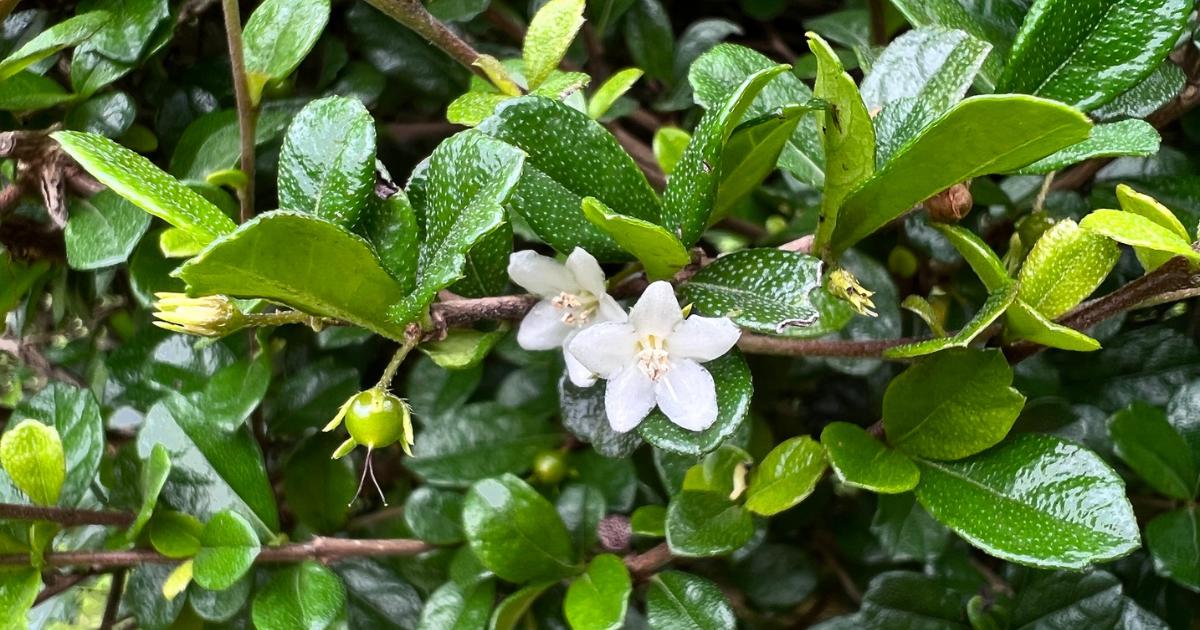
Fukien Tea or Philippine Tea Tree (Ehretia microphylla syn Carmona retusa) is a species of flowering shrub in the Boraginaceae family. This tree grows widely in the east and southeast Asia including India, China, Taiwan, Japan, Indonesia, Malaysia, and Australia.
Fukien tea has become an invasive weed in Hawaii, where the seeds are believed to be dispersed by birds that eat the fruit. On the Cape York Peninsula, Fukien tea grows mixed with semi-evergreen shrubs. On Christmas Island it grows on dry sea terraces, and is also found in rainforests.
Fukien tea is popular in Chinese Penjing and Bonsai because of its easy maintenance. It is also resistant to pathogens, although it can be attacked by aphids and mealybugs.
For growing in pots, the substrate should consist of 65% akadama, 25% soil and 10% sand with good drainage. The best temperature for optimal growth should be between 20°C and 35°C.
The leaves of fukien tea are used medicinally in the Philippines to treat coughs, colic, diarrhea and dysentery. Important medical discoveries have been made regarding the chemical compounds present in it. In vivo micronucleus tests showed that the isolated compounds reduced the number of polychromatic erythrocytes with micronuclei induced by tetracycline.
Characteristics of Fukien Tea Leaves
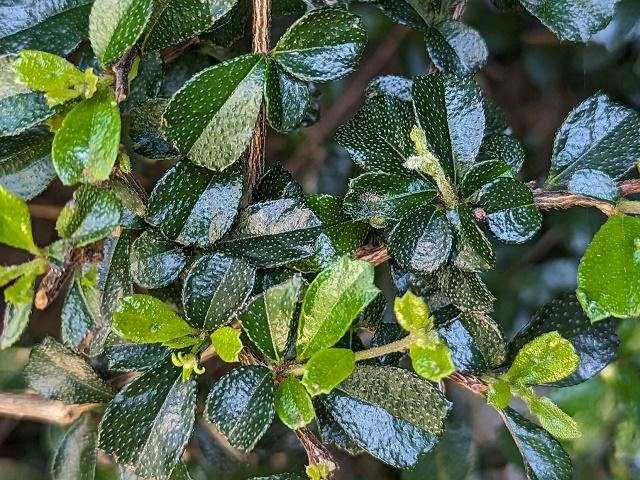
The leaves are 10-50 mm long, 5-30 mm wide, and can vary in size, texture, color, and margin.
Characteristics of Fukien Tea Flower
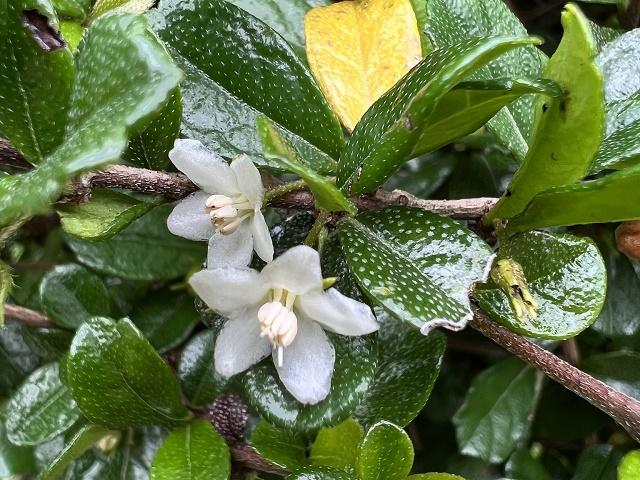
Fukien Tea flowers are small white, measuring between 8-10 mm with 4-5 lobed corollas, and 4-6 mm drupes.
Characteristics of Fukien Tea Fruit
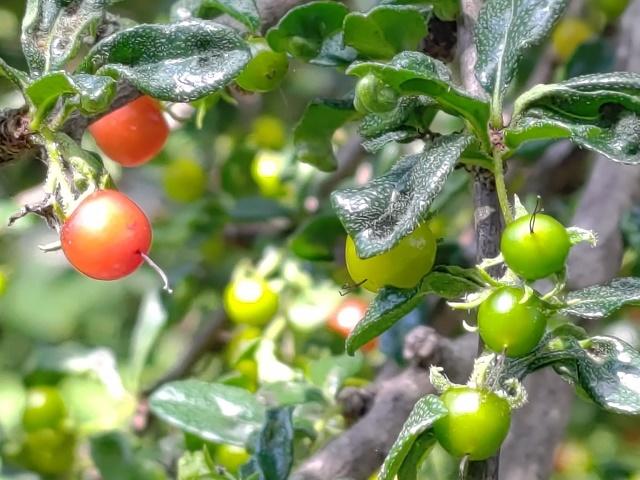
The berries are small green berries when young and orange when ripe.
Characteristics of Fukien Tea Tree
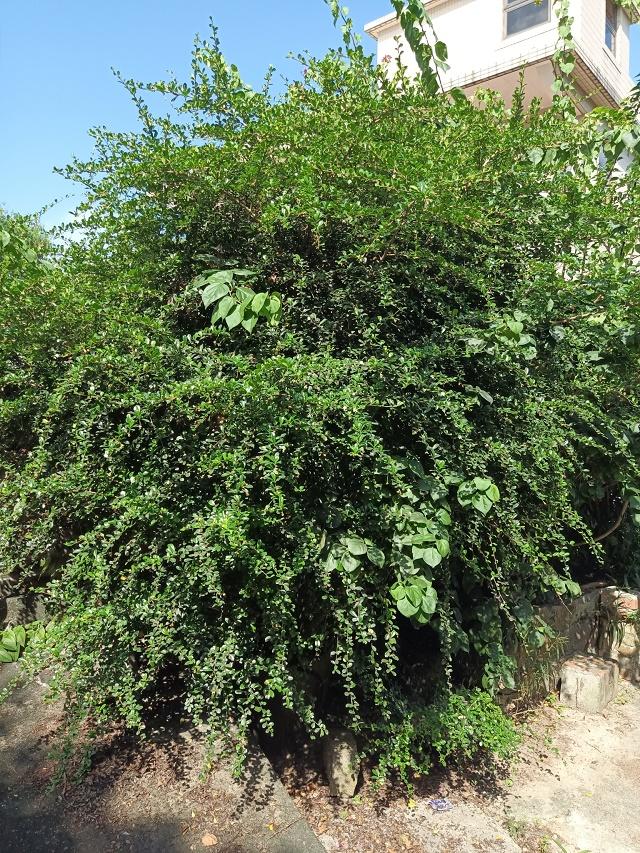
Fukien Tea or Ehretia microphylla grows to form a 3-4 meter tall bush, with long, slender branches. Generally, these plants fall during the dry season.
How to Cultivate Fukien Tea
Fukien tea is easy to propagate, it can be grown from seeds or grafts. Bonsai nurseries usually cultivate this tree by grafting because of the higher growing percentage.
Benefits of Fukien Tea
Fukien tea has long been believed to treat stomach ailments in the Philippines.
The leaves contain isolated antimutagenic compounds. The main component of the leaves is an inseparable mixture of triterpenes consisting of α-amyrin (43.7%), β-amyrin (24.9%) and baurenol (31.4%). This mixture, inoculated into mice at a dose of 100 mg/kg, showed analgesic activity in 51% and anti-inflammatory activity in 20%. The Kruskal-Wallis test showed that this mixture was as active as mefenamic acid. The mixture was also found to be effective against diarrhea. Showed, in the micronucleus assay, that it showed no mutagenic or anti-mutagenic activity. The triterpene mixture was inactive against Escherichia coli and showed moderate activity against Staphylococcus aureus, Candida albicans and Trichophyton mentagrophytes.
Leave a Reply